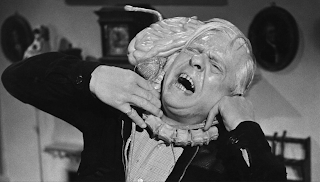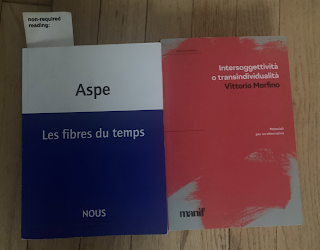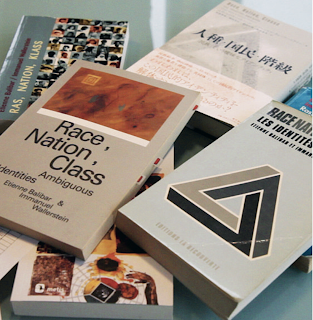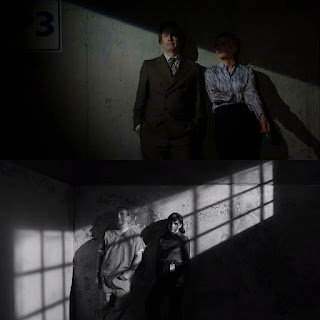I am not sure when I first heard the phrase "broke their brain" but I know that I have heard it multiple times. I have heard it used to explain the obsession with cancel culture on the part of the pundit class. That once they were subject to criticism and mockery online it effectively broke their brain, making it impossible for them to distinguish between criticism and actual threats to free speech. I have also heard it used to refer to the 2020 election and its aftermath.The idea underlying the phrase, at least as I understand it, as that something can happen that is so difficult for particular individuals to process or make sense of, that it effectively hinders their ability to make sense of everything after. It marks a traumatic before and after in which nothing ever makes sense again.



















